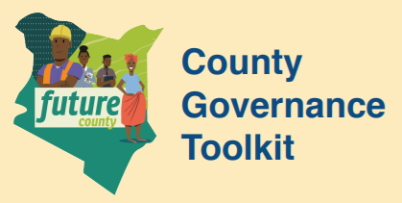The Constitution of Kenya (2010) gives citizens the right to self-determination. This means that citizens have both the right and the obligation to participate in decisions that affect their lives. Citizens exercise this right by participating in national and county government decision making processes and getting involved in actions that affect their lives. This includes electing their County Governor, Deputy Governor, ward representative and Senator every five years, as well as the President of the republic and Members of Parliament and other appointed officers, and holding them accountable for their decisions and actions.
The Bill of Rights (Chapter Four of the Constitution) gives citizens the right to access to information to enable them exercise and protect their civic duties and other rights; as well as the right to health services, clean and safe water, adequate food, adequate and affordable housing, education and social security, among others. Citizens also have obligations including payment of taxes and other civic responsibilities like uploading the national values and principals.
The roles of citizens and mechanisms for their participation are defined in law. Both the national and county governments are required to facilitate meaningful engagement for all citizens without discrimination so that they participate in decisions and actions affecting their lives.
This Toolkit has an entire section describing how citizens can engage and participate in county governance. To learn more go to Public Participation
